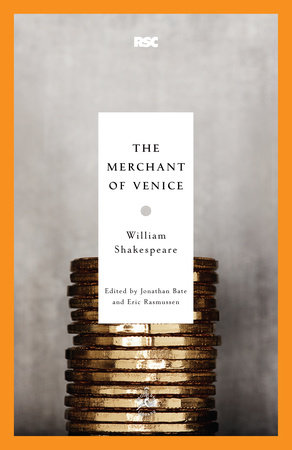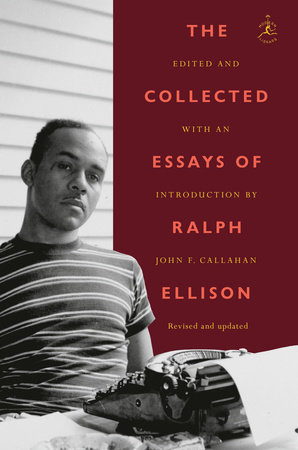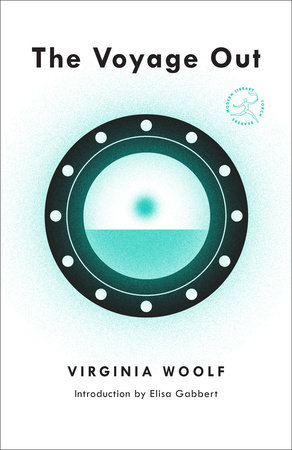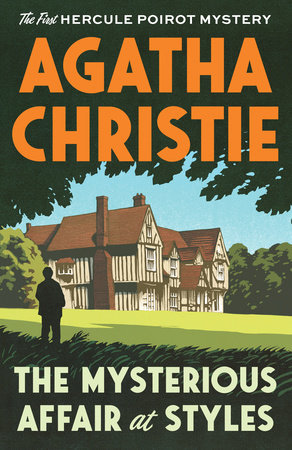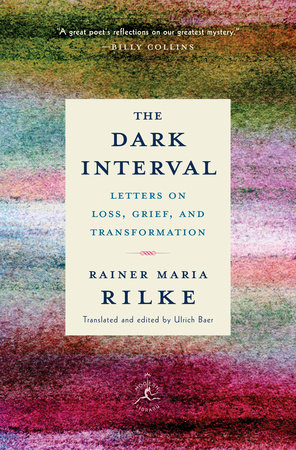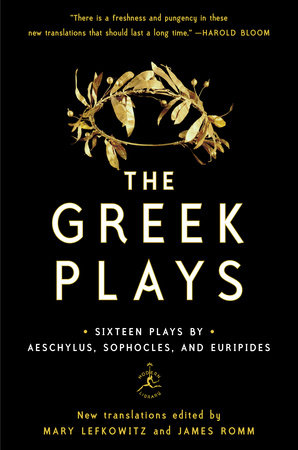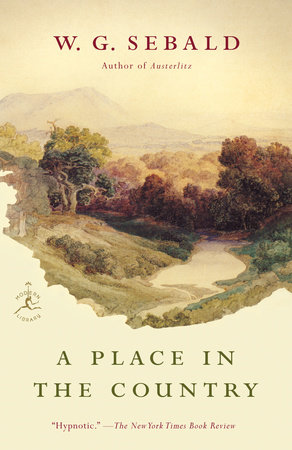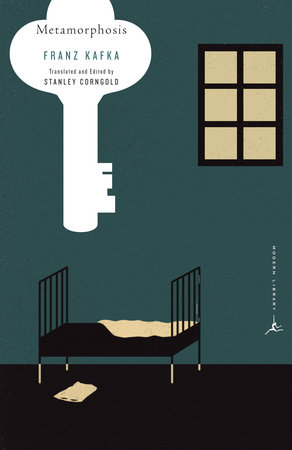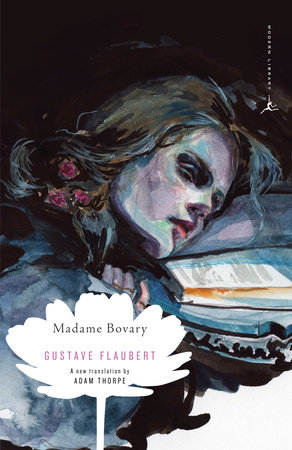Excerpt
The Merchant of Venice
THE MERCHANT
OF VENICE
LIST OF PARTS
ANTONIO, a merchant of Venice
BASSANIO, his friend, suitor to Portia
LORENZO, friend of Antonio and Bassanio, in love with Jessica
GRATIANO, friend of Antonio and Bassanio
Friends of Antonio and Bassanio
SALERIO
SOLANIO
LEONARDO, servant to Bassanio
PORTIA, an heiress
NERISSA, her gentlewoman-in-waiting
BALTHASAR, servant to Portia
STEPHANO, servant to Portia
Prince of ARAGON, suitor to Portia
Prince of MOROCCO, suitor to Portia
SHYLOCK, a Jew of Venice
JESSICA, his daughter
TUBAL, a Jew, Shylock’s friend
LANCELET GOBBO, the clown, servant to Shylock and later Bassanio
OLD GOBBO, Lancelet’s father
DUKE of Venice
Magnificoes of Venice
A Jailer, Attendants and Servants
Act 1 [Scene 1]
Enter Antonio, Salerio and Solanio
ANTONIO In sooth I know not why I am so sad.
It wearies me, you say it wearies you;
But how I caught it, found it, or came by it,
What stuff ’tis made of, whereof it is born,
I am to learn:
And such a want-wit sadness makes of me
That I have much ado to know myself.
SALERIO Your mind is tossing on the ocean,
There where your argosies with portly sail
Like signiors and rich burghers on the flood,
Or as it were the pageants of the sea,
Do overpeer the petty traffickers
That curtsy to them, do them reverence,
As they fly by them with their woven wings.
SOLANIO Believe me, sir, had I such venture forth,
The better part of my affections would
Be with my hopes abroad. I should be still
Plucking the grass to know where sits the wind,
Peering in maps for ports and piers and roads,
And every object that might make me fear
Misfortune to my ventures out of doubt
Would make me sad.
SALERIO My wind cooling my broth
Would blow me to an ague, when I thought
What harm a wind too great might do at sea.
I should not see the sandy hour-glass run,
But I should think of shallows and of flats,
And see my wealthy Andrew docked in sand,
Vailing her high top lower than her ribs
To kiss her burial; should I go to church
And see the holy edifice of stone,
And not bethink me straight of dang’rous rocks,
Which touching but my gentle vessel’s side,
Would scatter all her spices on the stream,
Enrobe the roaring waters with my silks,
And in a word, but even now worth this,
And now worth nothing? Shall I have the thought
To think on this, and shall I lack the thought
That such a thing bechanced would make me sad?
But tell not me, I know, Antonio
Is sad to think upon his merchandise.
ANTONIO Believe me, no. I thank my fortune for it,
My ventures are not in one bottom trusted,
Nor to one place; nor is my whole estate
Upon the fortune of this present year:
Therefore my merchandise makes me not sad.
SALERIO Why, then you are in love.
ANTONIO Fie, fie!
SOLANIO Not in love neither: then let us say you are sad
Because you are not merry; and ’twere as easy
For you to laugh and leap, and say you are merry
Because you are not sad. Now, by two-headed Janus,
Nature hath framed strange fellows in her time:
Some that will evermore peep through their eyes
And laugh like parrots at a bagpiper,
And other of such vinegar aspect
That they’ll not show their teeth in way of smile,
Though Nestor swear the jest be laughable.
Enter Bassanio, Lorenzo and Gratiano
SOLANIO Here comes Bassanio, your most noble kinsman,
Gratiano and Lorenzo. Fare ye well,
We leave you now with better company.
SALERIO I would have stayed till I had made you merry,
If worthier friends had not prevented me.
ANTONIO Your worth is very dear in my regard.
I take it your own business calls on you,
And you embrace th’occasion to depart.
SALERIO Good morrow, my good lords.
BASSANIO Good signiors both, when shall we laugh? Say, when?
You grow exceeding strange. Must it be so?
SALERIO We’ll make our leisures to attend on yours.
Exeunt Salerio and Solanio
LORENZO My lord Bassanio, since you have found Antonio,
We two will leave you, but at dinnertime
I pray you have in mind where we must meet.
BASSANIO I will not fail you.
GRATIANO You look not well, Signior Antonio.
You have too much respect upon the world:
They lose it that do buy it with much care.
Believe me, you are marvellously changed.
ANTONIO I hold the world but as the world, Gratiano,
A stage where every man must play a part,
And mine a sad one.
GRATIANO Let me play the fool:
With mirth and laughter let old wrinkles come,
And let my liver rather heat with wine
Than my heart cool with mortifying groans.
Why should a man whose blood is warm within,
Sit like his grandsire cut in alabaster?
Sleep when he wakes and creep into the jaundices
By being peevish? I tell thee what, Antonio—
I love thee, and it is my love that speaks—
There are a sort of men whose visages
Do cream and mantle like a standing pond,
And do a wilful stillness entertain,
With purpose to be dressed in an opinion
Of wisdom, gravity, profound conceit,
As who should say, ‘I am, sir, an oracle,
And when I ope my lips, let no dog bark!’
O my Antonio, I do know of these
That therefore only are reputed wise
For saying nothing; when I am very sure
If they should speak, would almost damn those ears
Which, hearing them, would call their brothers fools.
I’ll tell thee more of this another time.
But fish not with this melancholy bait
For this fool gudgeon, this opinion.
Come, good Lorenzo. Fare ye well awhile,
I’ll end my exhortation after dinner.
To Antonio and Bassanio
LORENZO Well, we will leave you then till dinnertime.
I must be one of these same dumb wise men,
For Gratiano never lets me speak.
GRATIANO Well, keep me company but two years more,
Thou shalt not know the sound of thine own tongue.
ANTONIO Fare you well, I’ll grow a talker for this gear.
GRATIANO Thanks, i’faith, for silence is only commendable
In a neat’s tongue dried and a maid not vendible.
Exit [Gratiano with Lorenzo]
ANTONIO Is that anything now?
BASSANIO Gratiano speaks an infinite deal of nothing, more
than any man in all Venice. His reasons are two grains of
wheat hid in two bushels of chaff: you shall seek all day ere
you find them, and when you have them, they are not worth
the search.
ANTONIO Well, tell me now, what lady is the same
To whom you swore a secret pilgrimage
That you today promised to tell me of?
BASSANIO ’Tis not unknown to you, Antonio,
How much I have disabled mine estate
By something showing a more swelling port
Than my faint means would grant continuance.
Nor do I now make moan to be abridged
From such a noble rate, but my chief care
Is to come fairly off from the great debts
Wherein my time something too prodigal
Hath left me gaged. To you, Antonio,
I owe the most in money and in love,
And from your love I have a warranty
To unburden all my plots and purposes
How to get clear of all the debts I owe.
ANTONIO I pray you good Bassanio, let me know it,
And if it stand as you yourself still do,
Within the eye of honour, be assured
My purse, my person, my extremest means,
Lie all unlocked to your occasions.
BASSANIO In my schooldays, when I had lost one shaft,
I shot his fellow of the selfsame flight
The selfsame way with more advisèd watch
To find the other forth, and by adventuring both
I oft found both. I urge this childhood proof
Because what follows is pure innocence.
I owe you much and, like a wilful youth,
That which I owe is lost. But if you please
To shoot another arrow that self way
Which you did shoot the first, I do not doubt,
As I will watch the aim, or to find both,
Or bring your latter hazard back again,
And thankfully rest debtor for the first.
ANTONIO You know me well, and herein spend but time
To wind about my love with circumstance,
And out of doubt you do me now more wrong
In making question of my uttermost
Than if you had made waste of all I have.
Then do but say to me what I should do
That in your knowledge may by me be done,
And I am pressed unto it: therefore speak.
BASSANIO In Belmont is a lady richly left,
And she is fair and, fairer than that word,
Of wondrous virtues. Sometimes from her eyes
I did receive fair speechless messages.
Her name is Portia, nothing undervalued
To Cato’s daughter, Brutus’ Portia.
Nor is the wide world ignorant of her worth,
For the four winds blow in from every coast
Renownèd suitors, and her sunny locks
Hang on her temples like a golden fleece,
Which makes her seat of Belmont Colchos’ strand,
And many Jasons come in quest of her.
O my Antonio, had I but the means
To hold a rival place with one of them,
I have a mind presages me such thrift,
That I should questionless be fortunate.
ANTONIO Thou know’st that all my fortunes are at sea,
Neither have I money, nor commodity
To raise a present sum: therefore go forth.
Try what my credit can in Venice do,
That shall be racked, even to the uttermost,
To furnish thee to Belmont, to fair Portia.
Go presently inquire, and so will I,
Where money is, and I no question make
To have it of my trust or for my sake.
Exeunt


